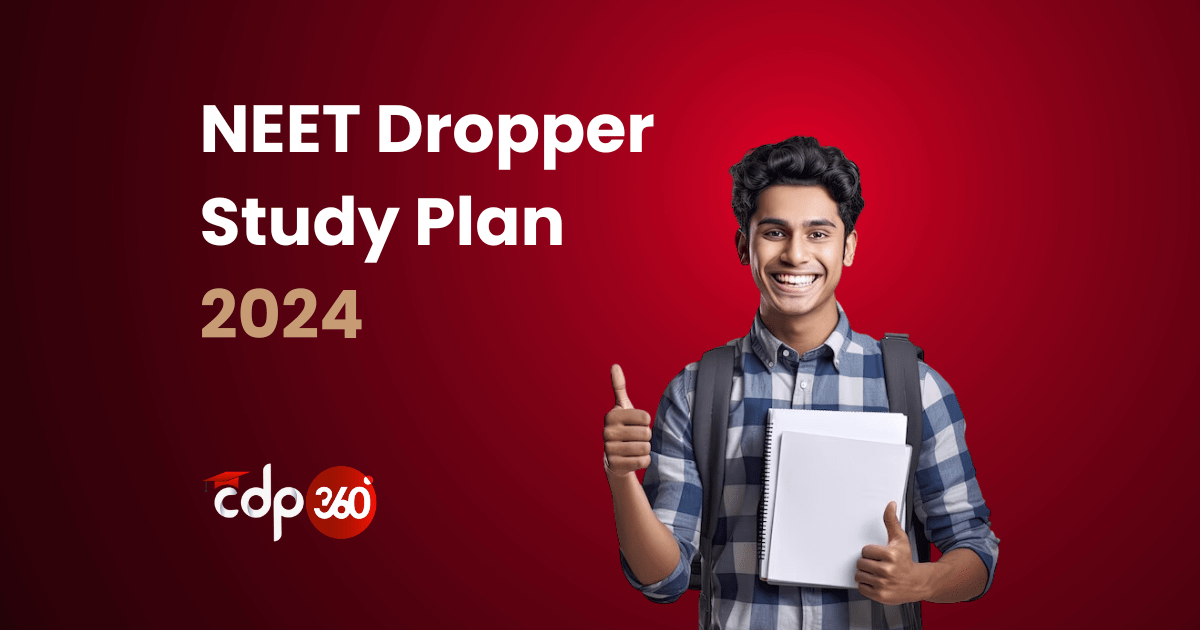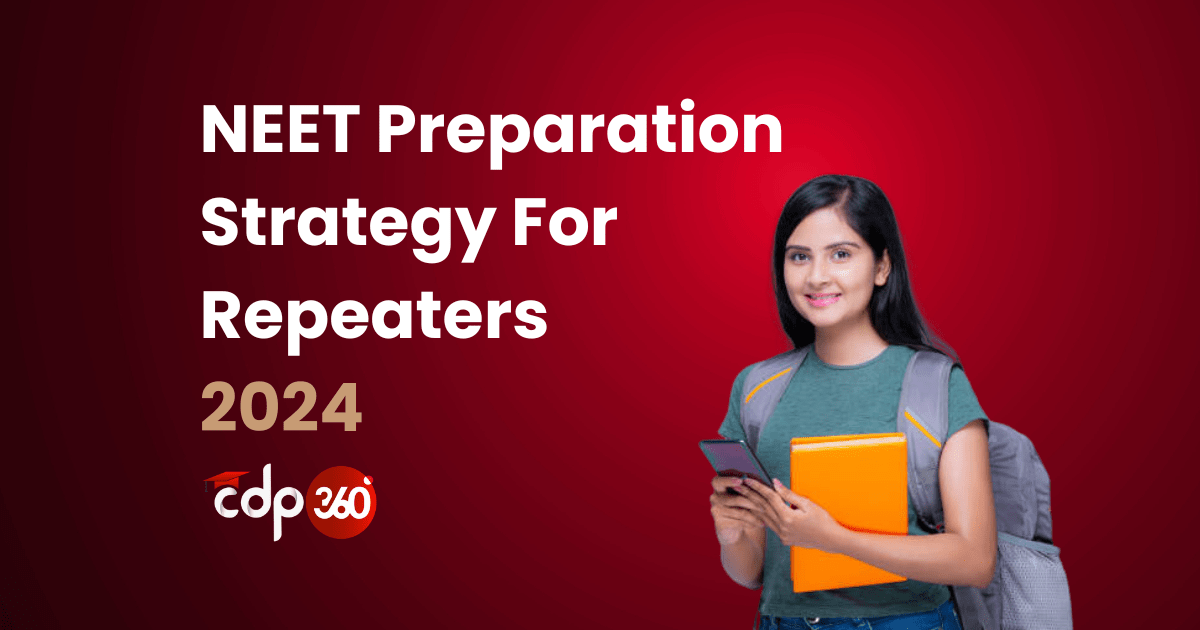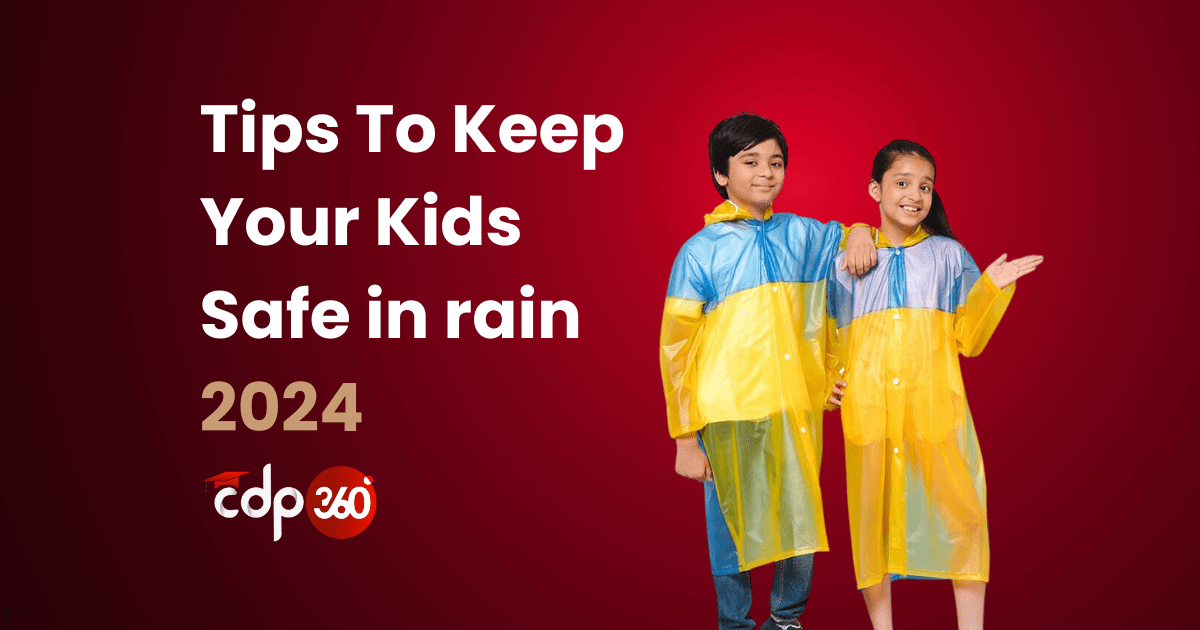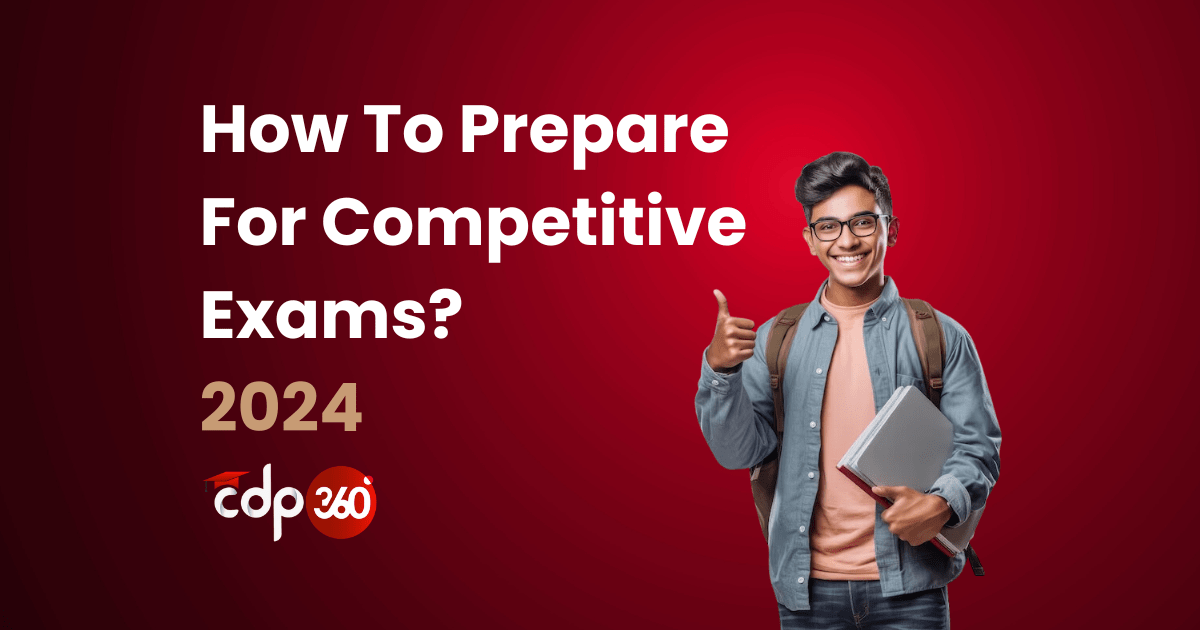
New National Education Policy (NEP) 2024 – Challenges
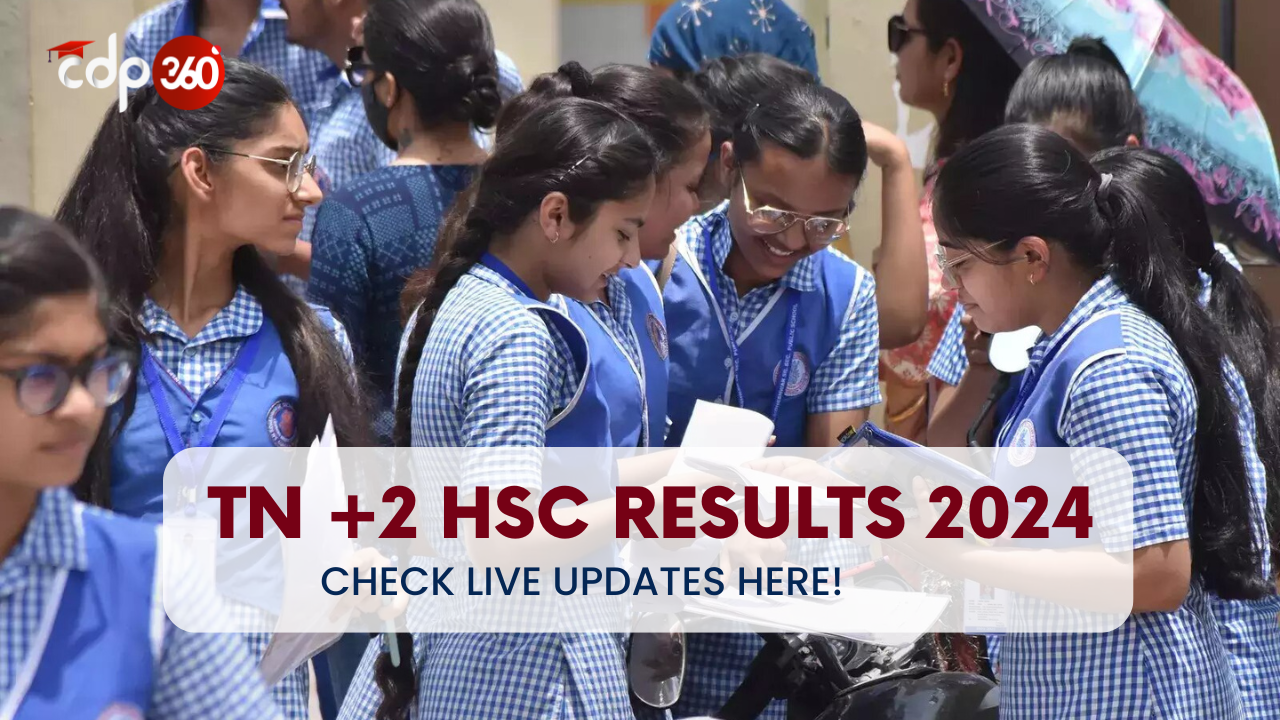
The "New Education Policy 2024" marks a significant shift in India's educational landscape, prioritizing holistic learning, digital literacy, and skill development to meet the demands of the modern era. Under the auspices of the National Education Policy, now overseen by the Ministry of Education, the policy aims to universalize education from preschool to secondary school by 2030, except for medical and law studies, with the goal of achieving a 100% Gross Enrollment Ratio. Emphasizing inclusivity and local values while fostering global citizenship, the policy seeks to position India as a leading knowledge hub on the global stage.
Overview of New National Education Policy 2024
|
What issue does the article cover |
New Education Policy 2024 |
|
Who launched the scheme |
Government of India |
|
Objective |
The primary aim of the policy is to make education universally accessible and position India as a global knowledge superpower. |
|
Year of Implementation |
2024 |
|
Availability |
The scheme is currently available. |
NEP Guidelines 2024 : Key Points

Comprehensive Approach : The New Education Policy 2024 nurtures the overall cognitive, emotional, and societal development of students.

Early Childhood Emphasis : Strong foundational learning is ensured through a focus on Early Childhood Care and Education.

Restructured Curriculum : Experiential and skill-based learning are integrated into a revamped 5+3+3+4 curriculum structure.

Vocational Education Drive : The objective by 2025 is to expose 50% of learners to vocational education opportunities.

Emphasis on Regional Languages : Instruction in regional or mother tongue languages up to Grade 5 is encouraged by the NEP.

Integration of Technology : Accessible, high-quality education is ensured through the incorporation of platforms like DIKSHA.

Assessment Reformation : A shift from summative to a more comprehensive evaluation system is being pursued.
 Enhanced Teacher Training : Educators are equipped
with continuous professional development to align with new methodologies.
Enhanced Teacher Training : Educators are equipped
with continuous professional development to align with new methodologies.

Equity and Inclusivity Focus : The NEP is committed to ensuring education for all, regardless of barriers.
Objectives of New Education Policy
The primary aim of the National Education Policy is to elevate India's education standards to a global level, positioning the country as a leader in knowledge-based industries. This objective is realized through the universalization of education as outlined in the policy. Under the New Education Policy 2024, the government has introduced various amendments to the previous education policy, focusing on improving educational quality and ensuring access to quality education for children.
Principles of New Education Policy 2024
Features of New Education Policy 2024
Effects of New National Education Policy 2024
The New Education Policy 2024 (NEP) represents a paradigm shift in education, moving away from rote learning to prioritize critical thinking and problem-solving skills. This forward-thinking approach emphasizes inclusivity, ensuring equal opportunities for learners of diverse backgrounds. By promoting local languages and cultures, the policy offers students a global perspective rooted in their own heritage.
NEP 2024 also focuses on empowering educators through enhanced training and aims to improve infrastructure with increased financial investments. Embracing the digital age, the policy prepares students for tomorrow's world by integrating digital education. Through these initiatives, the NEP 2024 aims to create a holistic and meaningful learning environment for all.
New Education Policy 2024 Implementation and Review Committee
The Ministry aims to set up an Implementation and Review Committee aligned with the National Education Policy 2024, to be supervised by officials from the Higher Education Department. This committee will evaluate the policy's effectiveness. Additionally, a task force will be established to facilitate the transformation of the credit bank system and IITs into multidisciplinary institutions. State and district officials will face accountability for any delays in executing this plan.
What is the 5+3+3+4 Structure?
The 5+3+3+4 structure, implemented through the New Education Policy 2024, represents a redesigned educational framework tailored to accommodate the changing requirements of students. It prioritizes foundational learning, middle schooling, secondary education, and high school stages, intending to foster a comprehensive pedagogical atmosphere.
Foundational Stage (5 years)
The initial phase, lasting five years, encompasses the early stages of a child's education, consisting of
Preparatory Stage (3 years)
Spanning three years, this phase covers grades 3 to 5, employing a multi-dimensional teaching approach that merges subjects to provide a well-rounded learning experience. During this stage
Middle Stage (3 years)
This phase, covering grades 6 to 8, offers an in-depth exploration of subjects
Secondary Stage (4 years):
The concluding segment, spanning grades 9 to 12, prepares students for their future endeavors, whether pursuing higher education or vocational pathways. Over these four years
In summary, the 5+3+3+4 model represents a forward-thinking approach to educational restructuring, facilitating seamless, integrated learning tailored to meet the diverse needs of each student.
Highlights of the New Education Policy
Flexible Pathways :Introducing multiple entry and exit points for higher education, accompanied by appropriate certifications.
Diverse Undergraduate Programs :Offering undergraduate courses spanning 3 or 4 years, with a range of exit options and certifications available.
Digital Academic Credits :Establishing an academic bank of credits to facilitate the storage and transfer of digital academic credits.
E-Learning Emphasis :Prioritizing e-learning initiatives to reduce reliance on traditional textbooks and enhance accessibility.
Streamlined Admissions :Centralizing admissions through a National Testing Agency, facilitating a common entrance test for higher education institutions.
District-Level Multidisciplinary Institutions :Striving to establish at least one multidisciplinary higher education institution in every district by 2030.
Multi-Disciplinary Education :Working towards making all higher education institutions multi-disciplinary by 2040, offering a diverse range of courses.
Unified Regulatory Body :Establishing the Higher Education Commission of India as a singular authority for the entire higher education sector, excluding medical and legal education.
Comprehensive Oversight :Structuring the Higher Education Commission of India with four verticals: the National Higher Education Regulatory Council, General Education Council, Higher Education Council, and National Accreditation Council.
Equal Educational Opportunities :Ensuring equitable treatment for both government and private educational institutions, with specific provisions for education accessibility for individuals with disabilities.
Challenges Regarding New Educational Policy
The NEP's framework promises a revolutionary overhaul of India's higher education landscape but is not without its limitations, as noted by researchers. These include
Bottom Line
The New Education Policy 2024 is a vital reform initiative aimed at transforming the Indian education system into a more inclusive and learner-centric one. It addresses current challenges by promoting skill development, multidisciplinary learning, and the use of technology. Successful implementation requires cooperation from all stakeholders, including government, institutions, educators, students, parents, and industry.
CBSE Result Date 2024 after May 20 at cbse.nic.in; Know Class 10th, 12th passing marks
TN Board 12th exam results have been declared at 9:30 am on May 6, 2024. Check Tamil Nadu HSC exam results by registration number and date of birth at tnresults.nic.in.
Tamil Nadu Board Result 2024 Live: Stream-wise pass percentage
The stream-wise pass percentage in the TN+2 board results 2024 is listed below
Unhappy with the marks scored in TN+2 results 2024? Apply for revaluation!
Students can request a re-evaluation of their TN 12 result 2024 Tamil Nadu by filling out a form through their schools and obtaining a scanned answer sheet.
TNDGE 12th Results 2024 Live: Tiruppur is the top performing district
In the TN 12th results 2024, a remarkable 2,478 schools attained a perfect 100% pass percentage, with Tiruppur emerging as the top-performing district. Read complete details here.
Year-wise TN board plus 2 exam result statistics
|
yeart |
RNumber of students passed |
Overall pass percentage |
Boys pass percentage |
Girls pass percentage |
|
2024 |
7,19,196 |
94.56% |
92.37% |
96.44% |
|
2023 |
7,55,451 |
94.03% |
91.45% |
96.38% |
|
2022 |
7,55,998 |
93.76% |
90.96% |
96.32% |
|
2021 |
8,16,473 |
100% |
100% |
100% |
|
2019 |
7,69,225 |
91.3% |
88.6% |
93.6% |
TNDGE 12th Results 2024 Live: 100/100 marks obtained
The number of candidates who scored full marks in various subjects are as follows
TN Class 12 Board Results 2024 Live: Top performing districts
The top 5 performing districts in the TNDGE 12th results for 2024 are
TN HSE(+2) Board Results 2024 Live: Subject-wise pass percentage
TNDGE 12th Result 2024 Live: Pass percentage across schools
In the Tamil Nadu +2 board results for 2024, government schools recorded a pass percentage of 91.32%, while government-aided schools achieved 95.49%. Private schools topped with 96.7%. Girls-only schools performed exceptionally well, securing a pass percentage of 96.39%. Co-educational schools also performed well, attaining a pass percentage of 94.7%.
TN 12th Results 2024 Live: 397 Govt schools got 100% pass percentage
In the TN +2 results 2024, an impressive feat was achieved as 397 Government schools attained a remarkable 100% pass percentage, showcasing exceptional academic performance across all these institutions.

